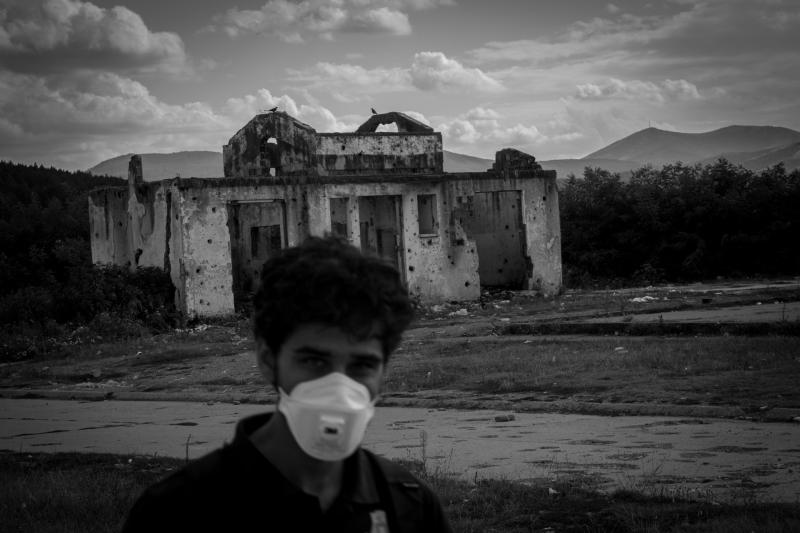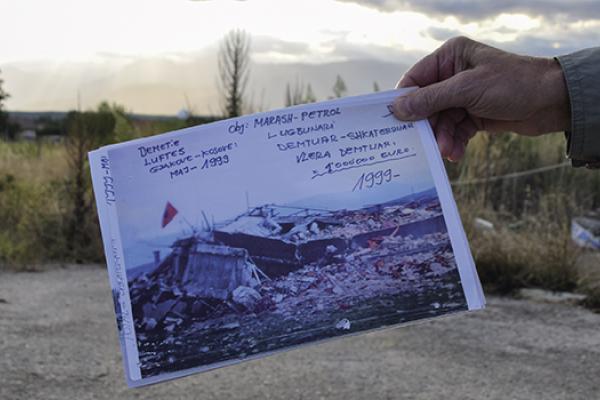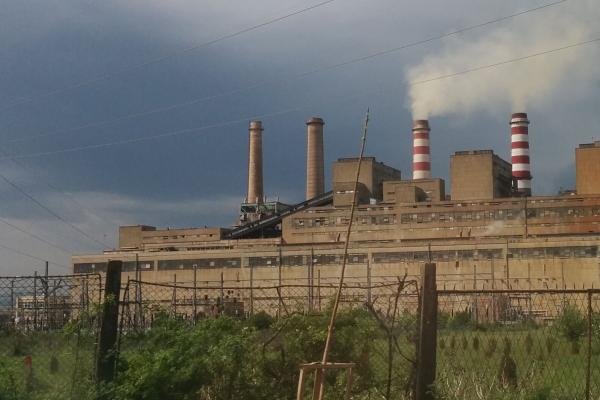Scientists have been warning for decades about the dangers of depleted uranium ammunition for humans and the environment. There was great concern about its health effects on soldiers, who were stationed in the Balkans and in Iraq. But what happened to them? And what about civilians in the contaminated areas?
A team of four reporters (Tatjana Mischke, Marius Münstermann, Christian Werner and Alessandro Alviani) followed the stories of four German Armed Forces soldiers who were stationed in the Balkans during the 1990s and have been diagnosed with unusually high levels of heavy metals in their bodies.
Over the past six years, the team conducted dozens of interviews in order to better understand the long-term effects of this weapon on different people. They talked to army representatives, soldiers on duty, war veterans and their relatives, inhabitants of the bombarded areas, and explosive ordnance disposal troops, politicians, lawyers, and experts in international law. The investigation took the reporters and photographers across Germany and several times to the Balkans – to Kosovo, Bosnia, and Serbia –, to Iraq and Italy. They also received further information from the USA, the UK, and Switzerland.
They found that the use of depleted uranium weapons can cause serious long-term consequences for the environment and humans. This is evident from a vast number of new studies that the team evaluated together with a scientist.
© Photo: Christian Werner






